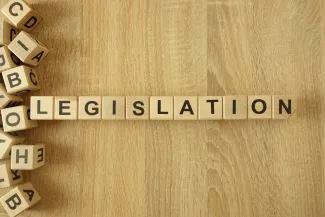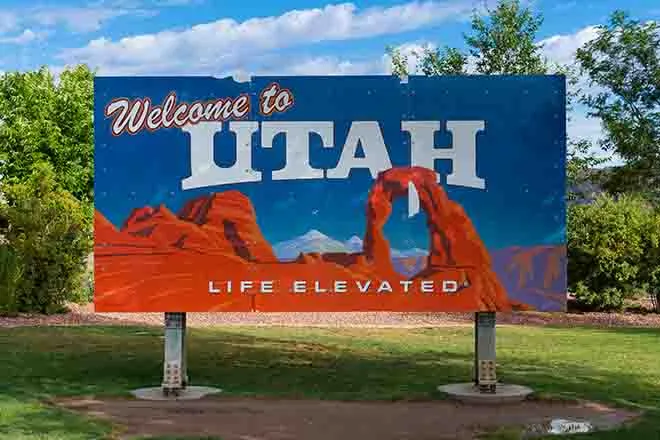
Justice reform group criticizes Colorado's expansion of liability laws
(The Center Square) – Three new laws and two bills vetoed by Governor Jared Polis put Colorado on a list of states in need of judicial reform, according to a judicial watchdog group.
The American Tort Reform Association, a nonprofit founded in 1986 and dedicated to reforming the civil justice system, named Colorado as one of five states it called “lawsuit infernos” in its “Legislative HeatCheck” report. Other states included Maryland, Missouri, New Hampshire and New York.

The organization stated the Colorado General Assembly is one of the worst legislative bodies in the nation for expanding or attempting to increase liability laws. However, it praised Democratic
“Colorado is becoming a trial lawyer's paradise where abusive litigation is allowed to run rampant due to the legislature's creation of new avenues to sue,” Tiger Joyce, president of the organization, said in a statement. “The ambush of liability-expanding bills advanced this session exemplifies lawmakers' capitulation to the personal injury bar's agenda at the expense of their constituents.”
Three bills signed into law were labeled as problematic by the organization.
House Bill 24-1472 changes the amount of damages that could be collected in civil cases, including increasing the amount for noneconomic loss or injury in non-medical malpractice cases to $1.5 million. It also placed a limit of $2.5 million for wrongful death damages.
While the report noted the law averts elimination of damage caps, there might be long-term implications for liability exposure.
“This legislation could make Colorado a more attractive venue for litigation, potentially leading to an increase in lawsuits and higher costs for businesses and healthcare providers,” according to the report.
House Bill 24-1175, which gives a local government a right of first offer and a right of first refusal to obtain residential properties, was criticized as adding new restrictions and creating potential liabilities.
“The significant penalties and potential for litigation could have a chilling effect on the real estate market, potentially leading to unintended consequences that could actually reduce the availability of affordable housing in the long term,” according to the report.
Senate Bill 24-205 established standards and requirements for those developing or deploying artificial intelligence systems to protect against “algorithmic discrimination.” A violation of the law would be a deceptive trade practice.
“The law's creation of a new deceptive trade practice category specifically for AI use could open the floodgates for lawsuits, even in cases where businesses are making good-faith efforts to use AI responsibly,” according to the report.
House Bill 24-1008 was vetoed and would have increased the liability of a general contractor for all amounts owed to an employee, including amounts owed by a subcontractor acting under, by or for the general contractor.
House Bill 24-1260 was vetoed and attempted to prohibit employers from requiring employees to attend meetings, listen to speeches, or view communications concerning religious or political matters.
“While Governor Jared Polis's vetoes of two of the more concerning bills helped contain the blaze for now, the legislature's persistent efforts to fan the flames of litigation are still alarming,” the report said.

















